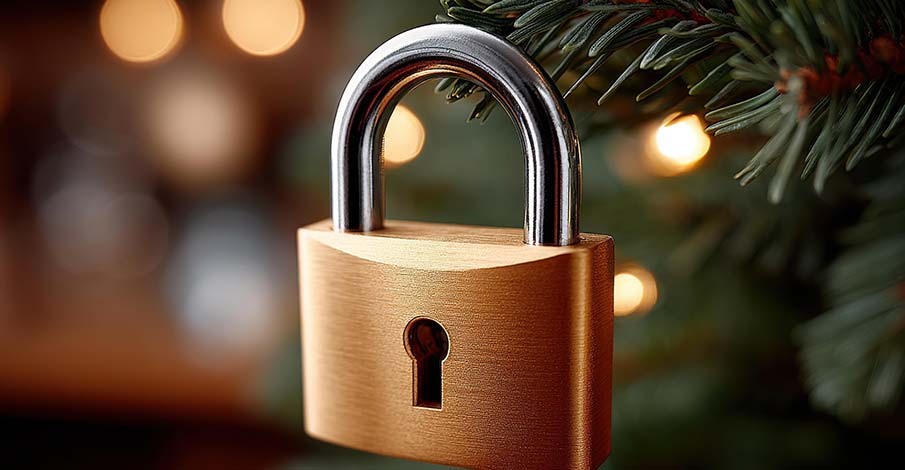Banks Warn Community of Pig-Butchering and Charity Scams
As the holiday season approaches, four local banks—AbbyBank, Forward Bank, Northwestern Bank, and Prevail Bank—are coming together to warn their communities of two fast-growing fraud schemes: pig butchering scams and charity scams.
Pig butchering scams—named for the way fraudsters “fatten up” victims before financially draining them—often start with a simple text, social media message, or dating app introduction. Criminals build trust over weeks or months, creating the illusion of friendship or romance. Once a connection is formed, victims are persuaded to make investments—usually in fraudulent cryptocurrency platforms—that result in devastating losses.
“Scammers use emotional manipulation to gain trust,” said Andrew Henning, AVP of Compliance at Northwestern Bank. “During the holidays, people may feel more vulnerable to loneliness or more open to generosity, making these schemes even more effective.”
Charity scams, meanwhile, prey on the goodwill of the season. Fraudsters may create fake charities, mimic the names of legitimate ones, or use high-pressure tactics to solicit donations. These scams not only steal money but can also divert much-needed support from legitimate organizations.
“The holidays bring out the best in people—but unfortunately, scammers exploit that kindness,” said Jennifer Sobotta, VP/Marketing Director at Forward Bank. “If you’re asked for a donation, take the time to verify the charity before giving.”
How to Protect Yourself from Holiday Scams
- Be cautious of unsolicited messages. If you receive an unexpected text or friend request, especially from someone who quickly shows personal interest, proceed with caution.
- Verify investment opportunities. Research platforms and speak with a trusted financial professional before sending money.
- Check before donating. Look up charities at www.irs.gov/charities or through sites like Charity Navigator to confirm legitimacy.
- Avoid high-pressure tactics. Real charities will welcome donations anytime—scammers insist you give immediately.
- Guard personal information. Never share sensitive details with people you’ve only met online.
- Report suspected fraud. Contact your bank immediately and report scams to the FTC at reportfraud.ftc.gov.
This collaboration reflects how local banks are working together to protect their communities from scams that can have both emotional and financial consequences during the holidays.

